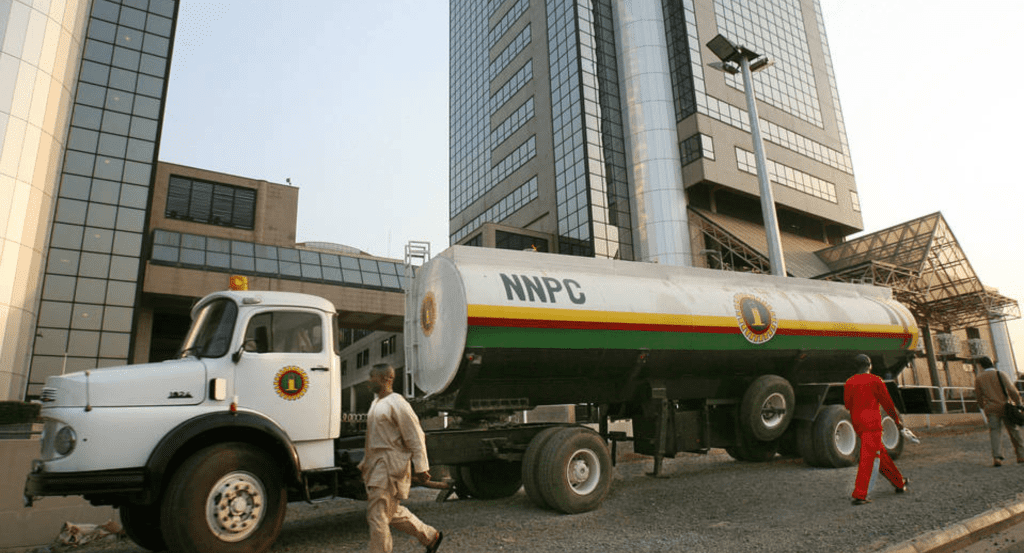The Nigerian National Petroleum Company Limited (NNPC) has achieved a significant milestone by selling its first shipment of refined fuel from the rehabilitated Port Harcourt Refinery to a Dubai-based company. This development marks a crucial step in the ongoing efforts to revive Nigeria’s refining capacity and reduce dependence on imported petroleum products.
The cargo, comprising premium motor spirit (PMS), was exported as part of the initial output from one of the refinery’s processing plants. The refinery, which has been undergoing extensive rehabilitation since 2021, saw the first phase of its upgrade completed earlier this year. This completion allowed limited production to commence, leading to the current export.
Work on the second processing plant at the refinery is ongoing, with sources from the presidency confirming accelerated efforts to ensure its timely completion. Once both plants are fully operational, the Port Harcourt Refinery is expected to significantly impact Nigeria’s energy sector by curbing refined product imports and increasing revenue from exports.
The transaction, however, has not been without controversy. Human rights lawyer Femi Falana has raised questions about the transparency of the deal. He has called on the NNPC’s Managing Director, Mele Kyari, to disclose details about the agreement with the Dubai-based buyer and the terms of the transaction. These concerns have fueled calls for greater openness to ensure public confidence in the management of the country’s resources.
Despite these concerns, the NNPC has maintained its commitment to transparency in its operations. Industry analysts see the successful export as a positive indication of the potential transformation of Nigeria’s refining capabilities. The move is expected to ease the nation’s foreign exchange burden, which has been strained by heavy reliance on fuel imports.
The export of fuel from the Port Harcourt Refinery marks a turning point for Nigeria’s oil and gas industry. As the rehabilitation of the refinery progresses, stakeholders are optimistic that this initiative will reposition Nigeria as a competitive player in the global refined petroleum market. The success of this first shipment is seen as a foundation for further achievements in the sector, which could bring substantial economic benefits to the country.























